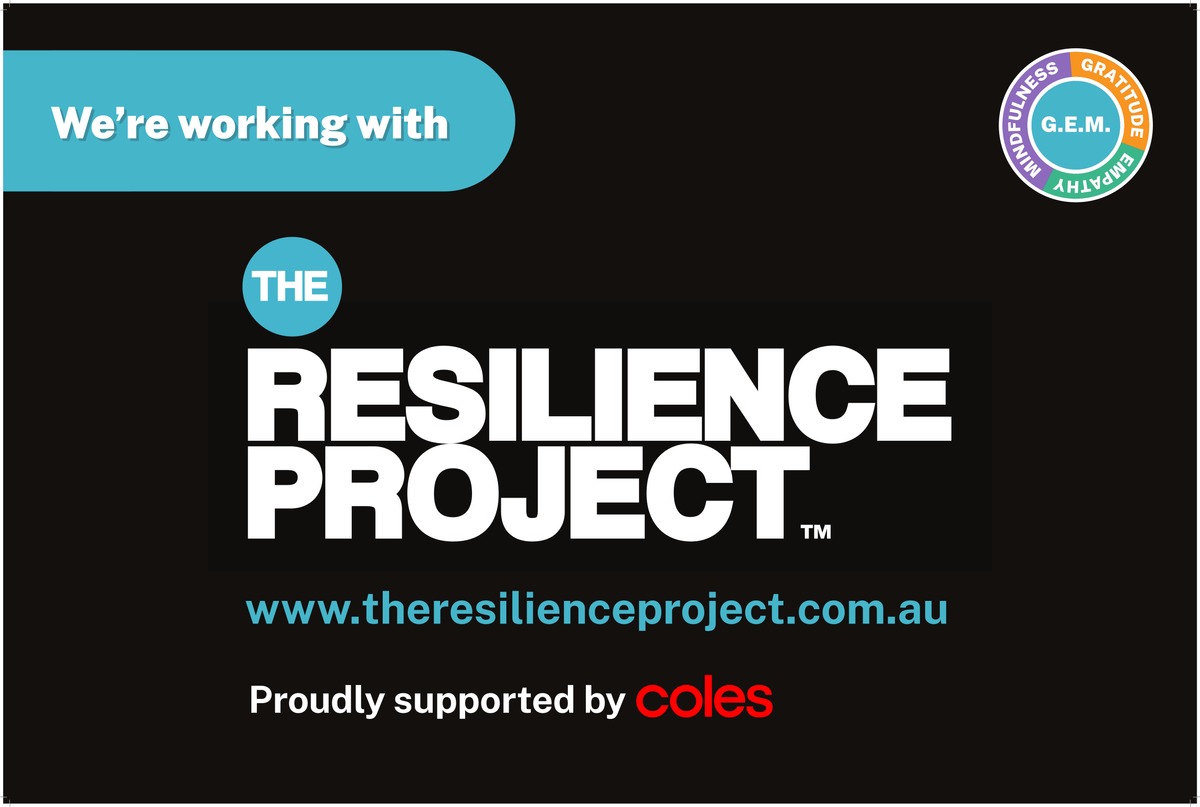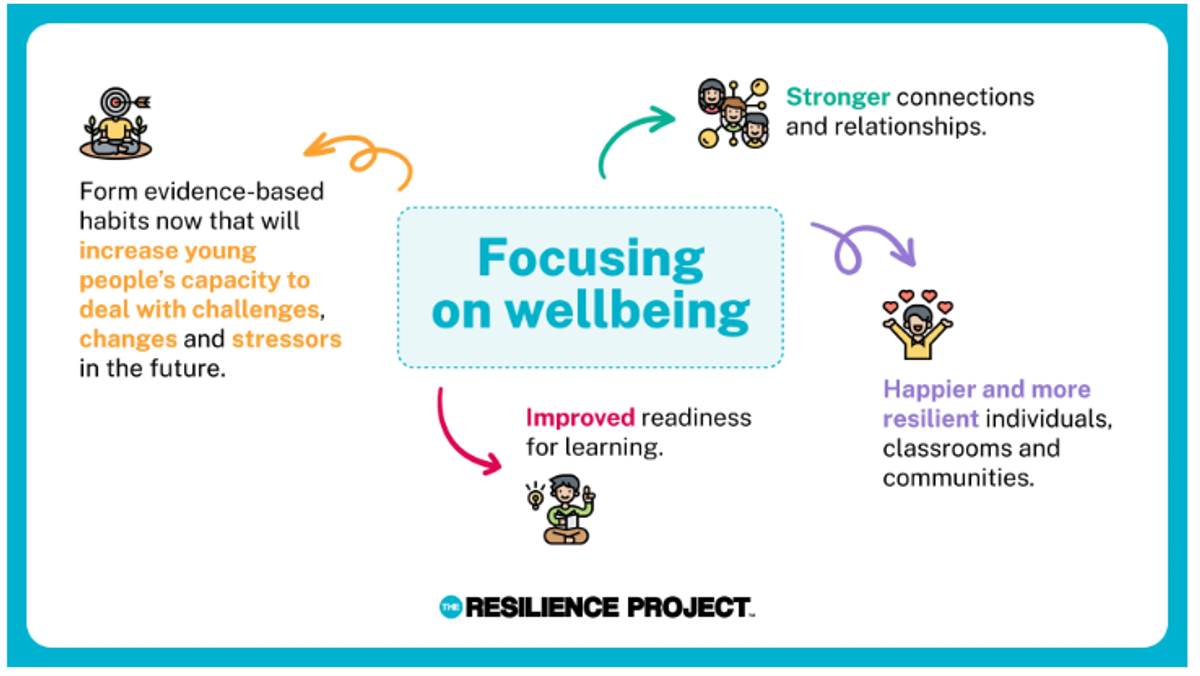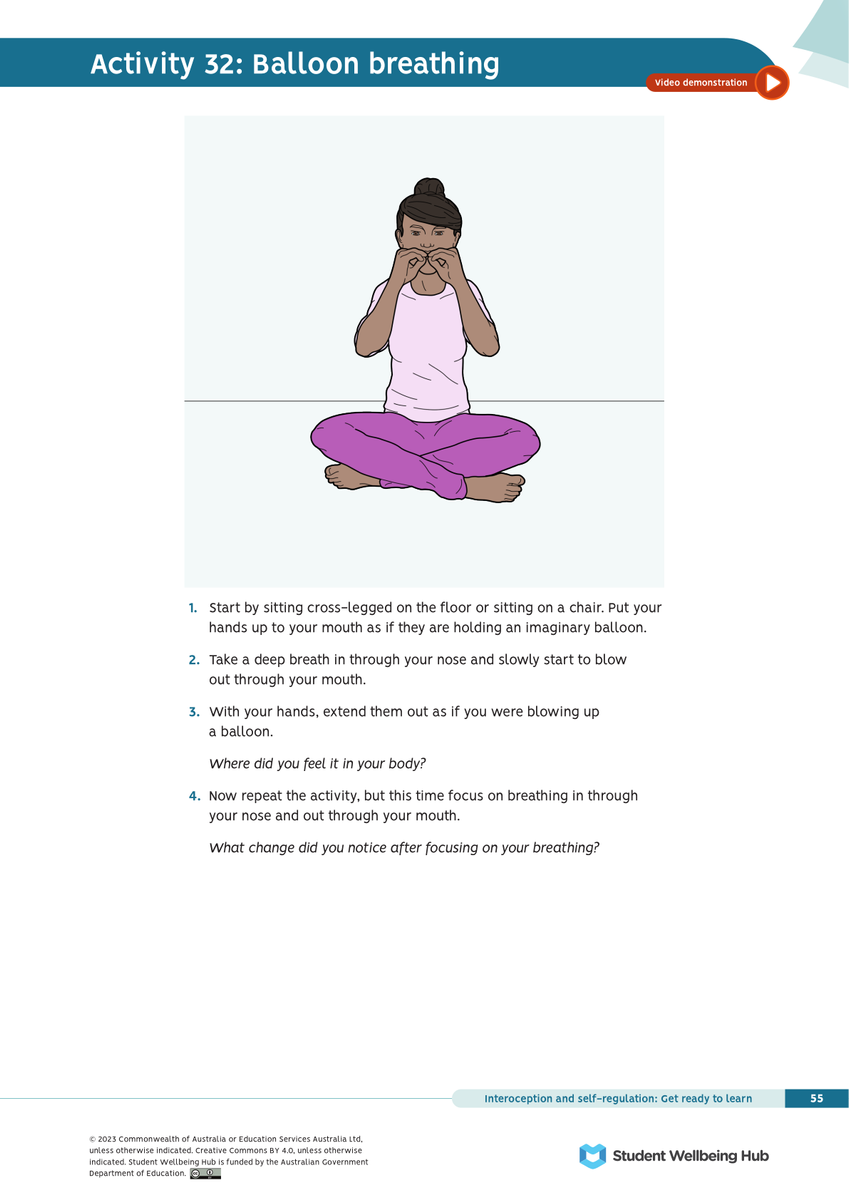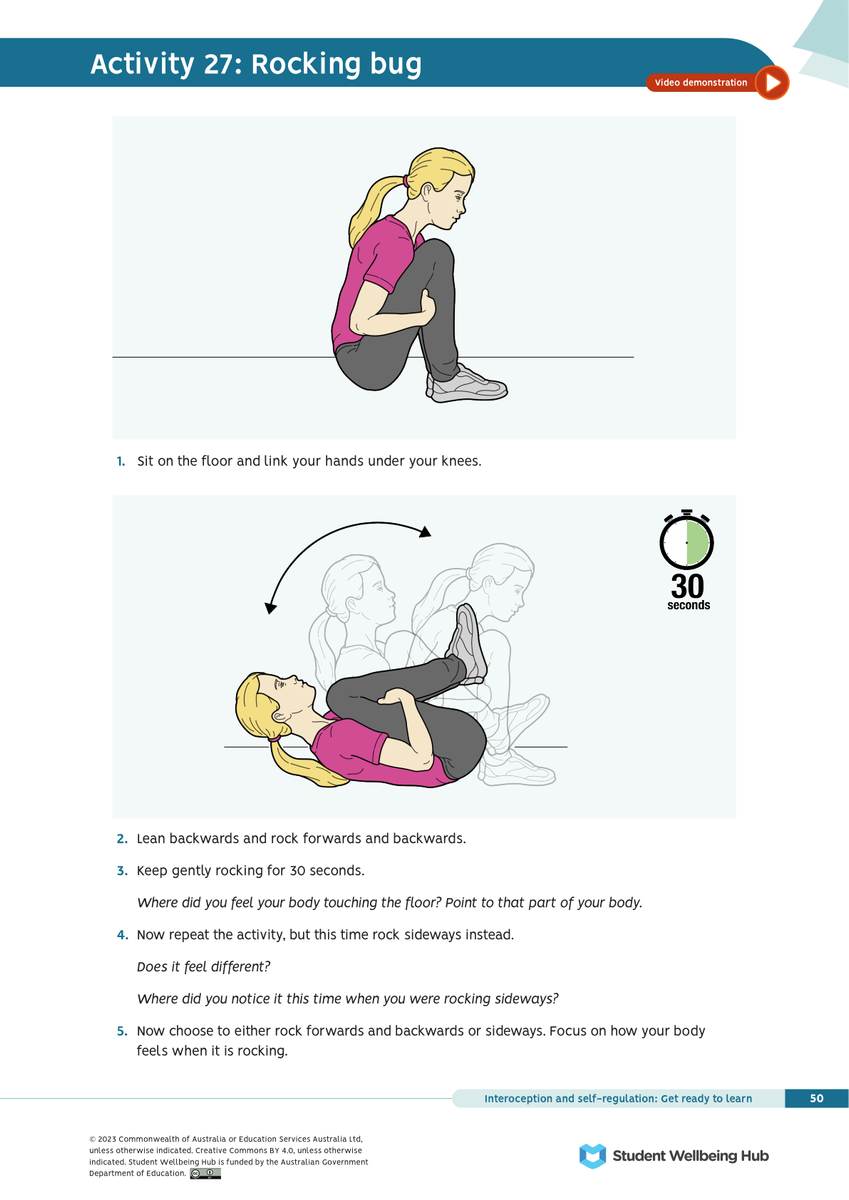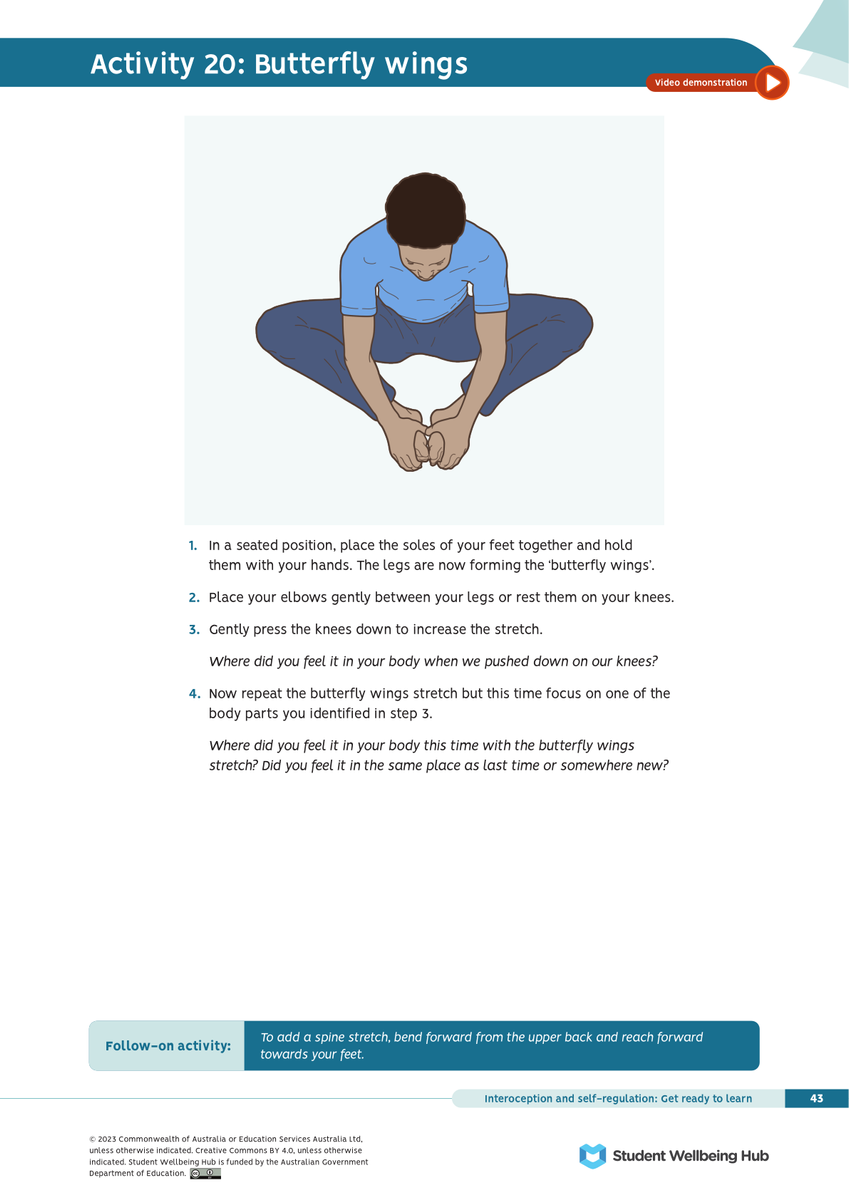Wellbeing
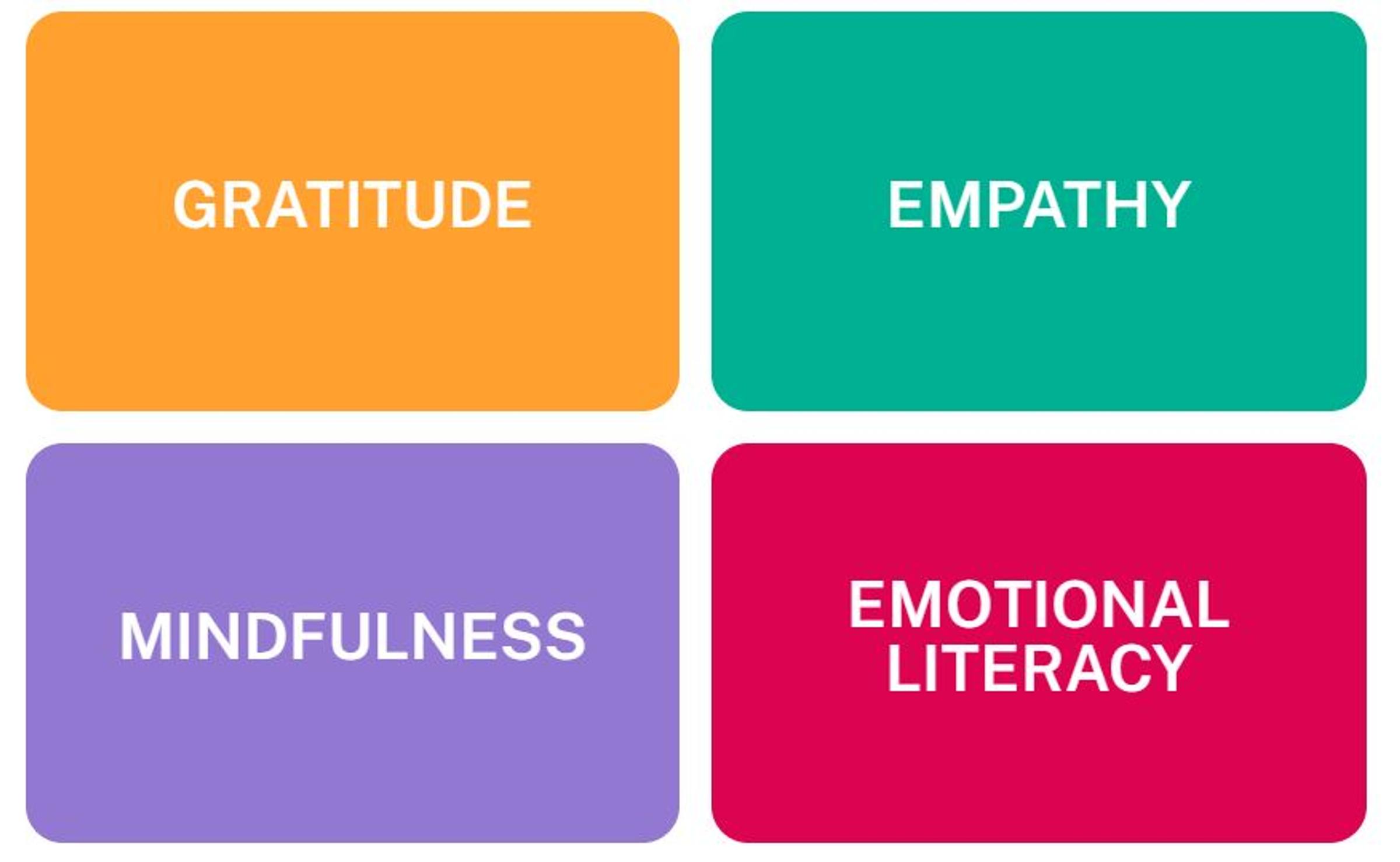
Some exciting news to share... 🎉🎉🎉
Some things just can't wait! We're thrilled to announce that in 2025 at LPS...
We are beginning the behind the scenes work so we are ready for term 1 2025. More information, including how parents and carers can connect with the resources, will be coming as well as how we will be implementing TRP across the school.
We are excited to be on board at this stage of TRP, as they have refined and made improvements to their program- such as GEM (Gratitude, Empathy, Mindfulness) expanding to +EL (Emotional Literacy), updated resources and evidence based approaches. We are able to access TRP through the School Mental Health Fund Initiative.
Schools have a unique opportunity to improve the mental health outcomes for young people and positively influence the wellbeing of a whole school community. By focusing on building wellbeing strategies, the Resilience Project provides individuals with the understanding and tools to manage life's challenges and stressors. This approach also fosters a happier, calmer and more resilient school environment.
👌Interoception and self-regulation
Before we can start to manage our emotions, we first need to be able to notice, recognise and understand them. This skill is called ‘interoception’ or ‘mindful body awareness’. Without good interoception, children and young people might find it hard to notice a big emotion building up inside until it becomes overwhelming.
Our bodies send us signals all the time through physical changes like our heartbeat slowing down or speeding up, our muscles tensing and our breath changing. These changing signals help us to recognise how we are a feeling, such as happy, anxious, hungry or hot. Tuning into and understanding these internal signals is called interoception. Good interoceptive awareness can help children notice big emotions building up before they become overwhelming.
Here are a few activities that have been researched and found to be effective for both autistic and non-autistic students that you might like to try. -Student Wellbeing Hub
🛏️The importance of sleep-Headspace & PIVOT
Looking at our PIVOT data, we have some students reporting that they are not getting a good sleep or feeling rested when they wake up.
A good night’s sleep is about getting to sleep, staying asleep and waking up feeling refreshed in the morning.
A good night’s sleep can have a hugely positive impact on a student’s mood and their learning outcomes. When students sleep well, they are better able to concentrate in their classes and retain new information. When students are tired, they will be less likely to focus and learn new information quickly and efficiently. Equally, when students do not sleep well, they are less likely to be able to consolidate and easily recall new information.
Things you can try to help achieve a good sleep might include:
-setting regular bedtimes
-calming routines before bed, reading, meditation, relaxation techniques
-limit screen use before bed
-eating at a time not too close to bed time (it can be uncomfortable and makes you more alert going to bed with an empty or full stomach)
-check noise and light levels in the bedroom, switch off bright lights and use mood lighting.
